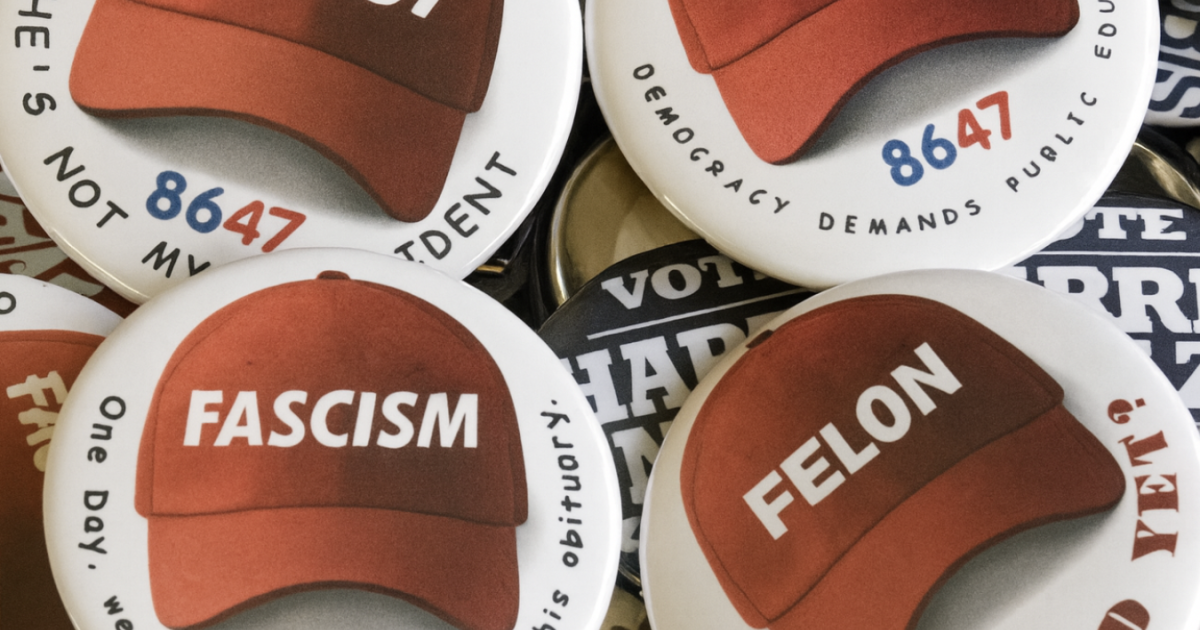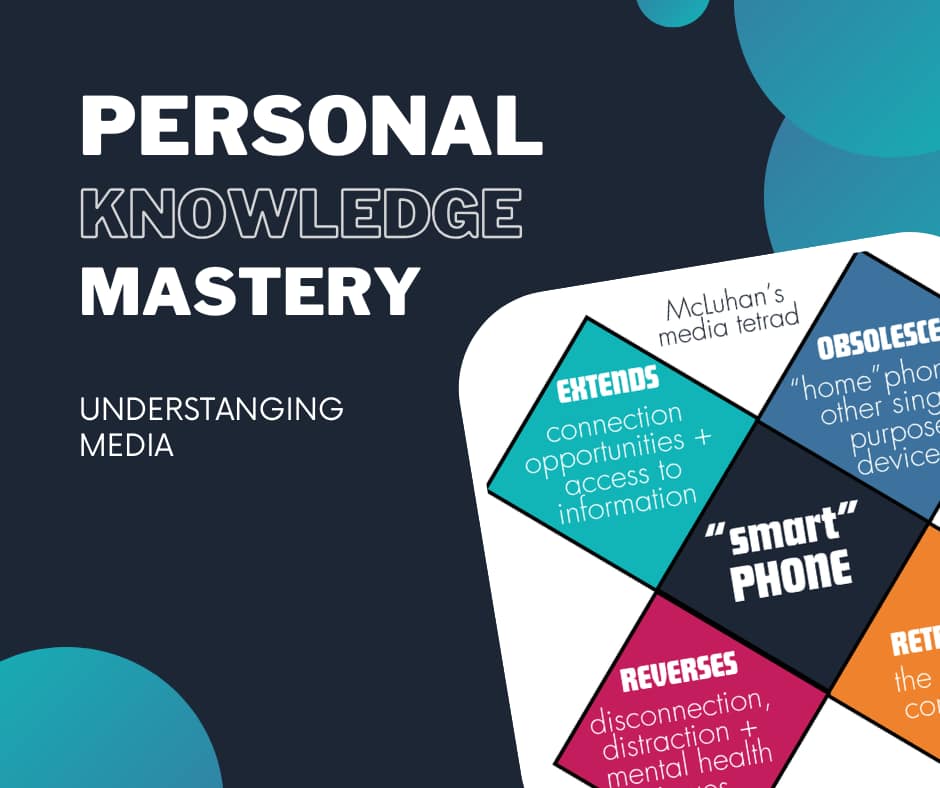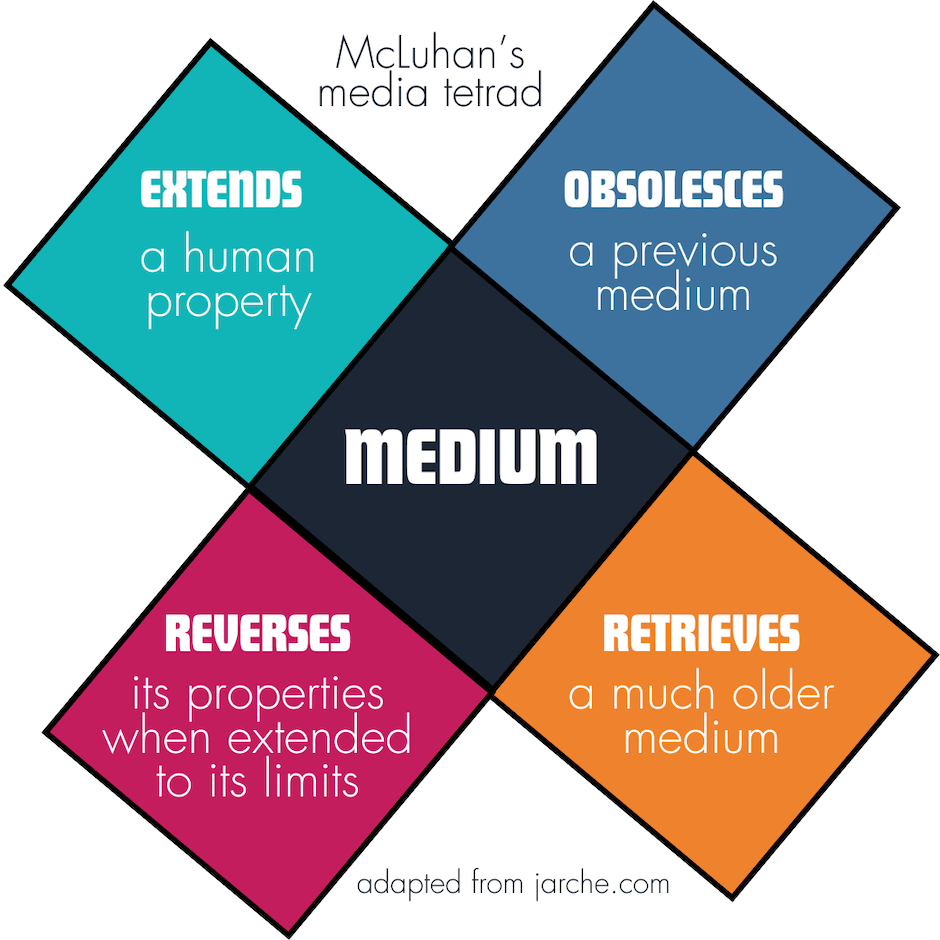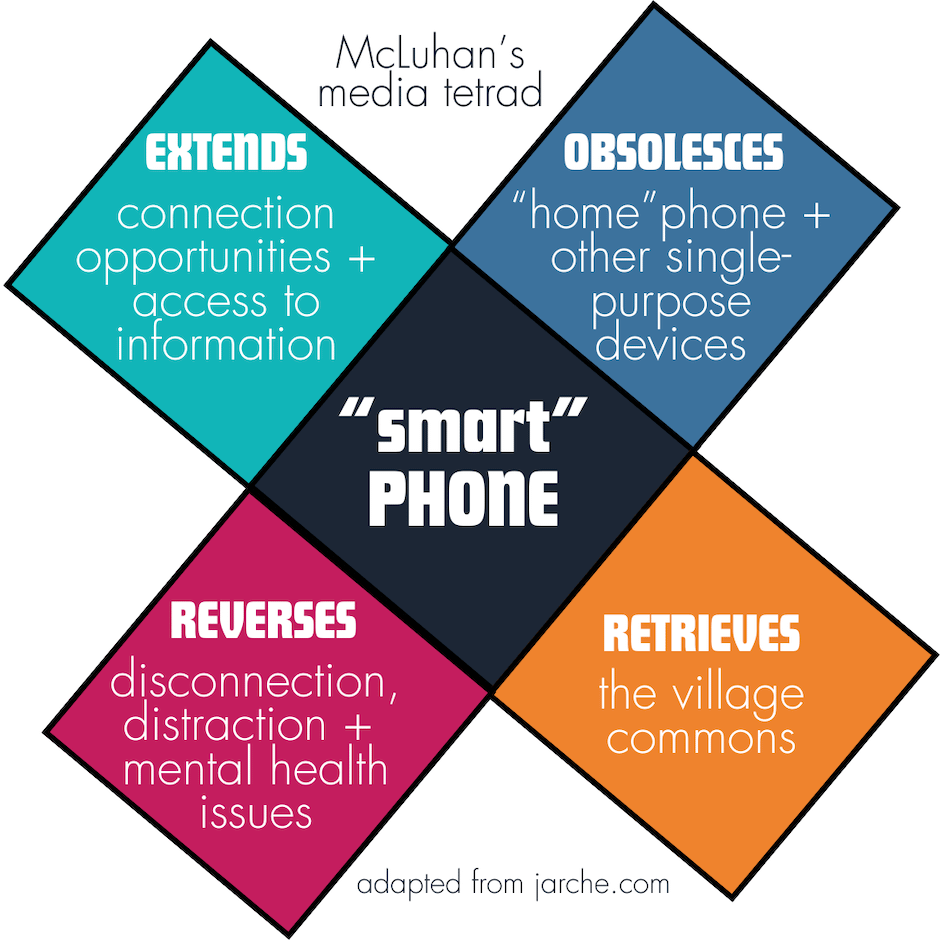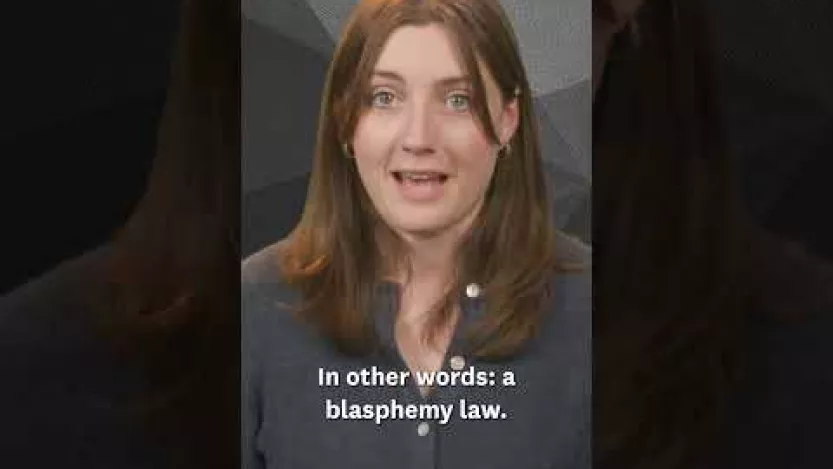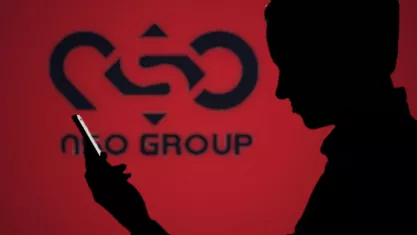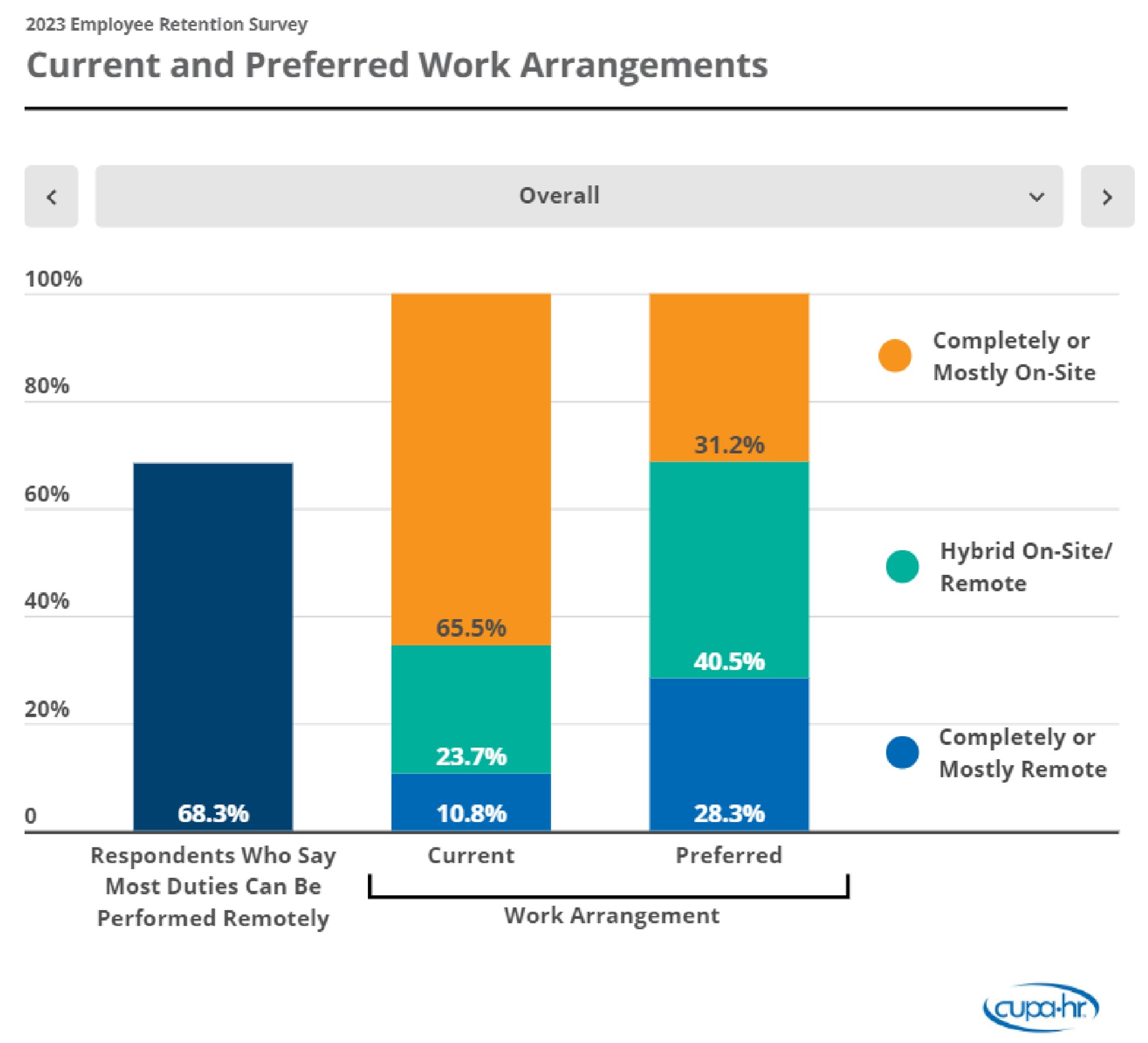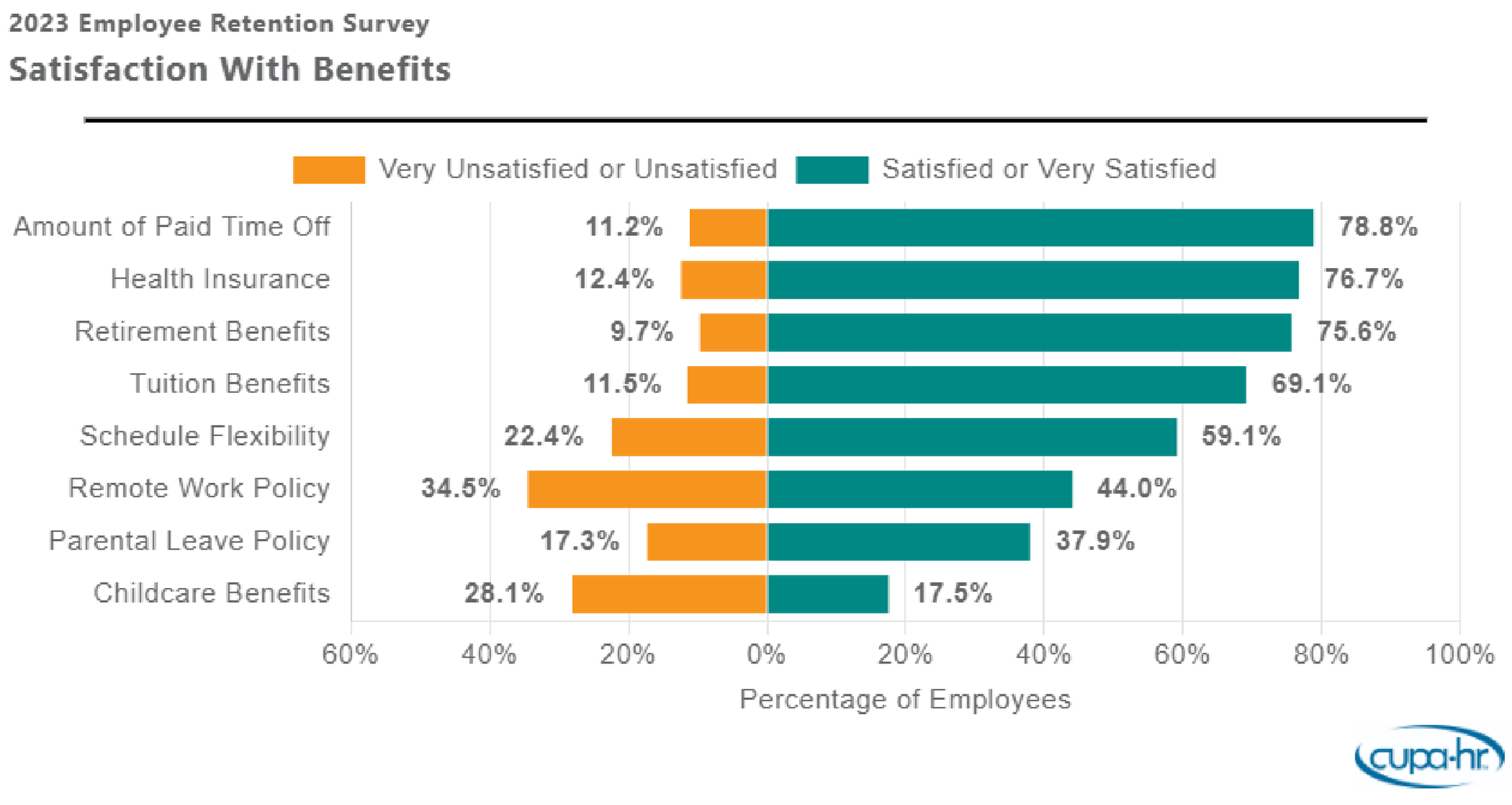In Spring 2023, 150 students from humanities and social sciences at our university stepped up to share something deeply personal -their reasons for pursuing higher education.
Through brief, heartfelt recorded monologues, they opened a window into what university truly means to them.
We ended up with nearly 160 pages of raw, unfiltered transcripts. Inspired by the power of verbatim theatre, where authentic dialogue bridges the gap between characters and audience, we have curated a collection of student voices.
These firsthand accounts cut through the cliches narratives often associated with university life. Instead, they reveal the real stories, struggles, and aspirations driving students forward in today’s complex world of higher education. This is their voice, their truth, shared directly with you.
Going to university was the scariest and the best thing
From “screaming at the back of the car” and “crying tears of joy” to “relief” and “apprehension”, we got a glimpse into the rollercoaster of emotions students felt when they got their university acceptance letters.
For most, it was the first big decision of their adult lives, and it was not an easy one. One student said:
…going to university was the scariest and the best thing, the best decision, that I’ve made so far in my 19 years of existence.
Another felt the decision to enter higher education was made:
…not with trepidation as a reasonable person [but] with courage and self-assuredness that only ignorance and youth can bestow in such abundance.
Dealing with such conflicting emotions is rarely simple. So, it is not a surprise that some of the surveyed students thought about dropping out, especially in their first year. They found their degrees “boring” or “very difficult” or wondered “was the amount of work something I was prepared for?”
I’d rather pursue a passion… than end up working a job
A recurring thread in many students’ reflections during this study was the dilemma between entering the workforce immediately or pursuing higher education. No doubt pursuing higher education is largely viewed as the “only option towards a better paying career” and a “comfortable job without a lot of physical demands”.
While some of them questioned whether university “is worth all the debt”, most agreed that the skills acquired through higher education are crucial for getting “further in life” and earning “more than the minimum wage”.
But their testimonies revealed other considerations that go beyond material gains and jobs prospects.
In our survey, students made it loud and clear – it is also about the love and passion for what they do. “Studying what I truly love”, “something I’d enjoy studying every single day of my life”, and chasing that “passion and interest to grow as a person” often took priority, leaving material gains or “just getting into a certain job” in the background.
Just working a job for working sake didn’t feel like a good use of my time.
Students, while contemplating their future, felt that:
…university does feel like a good safety net to hop into… [the] perfect avenue to give myself more options to explore different careers.
We also saw several students entering higher education determined to “dig, dig, dig [to find out their] passions”.
More than rankings
For some students, university felt like a “clear, logical” move toward their career goals. For others, it was more than a decision – they felt it was “compulsory” or even a personal “duty”.
There were also students who approached their university pursuits with less conviction.
I didn’t have anything else to do, so I ended up going to university.
I was not ready for the 9 to 5 life.
When else in my life would I be able to just decide to move away [from home] and receive funding from the government to help me?
Some expected higher education to create for them “a pathway towards finding some meaning in my life”. Others choose their university because its name was the same “as my great grandmother’s”.
As we see when it comes to university studies, students bring a whole mix of ambitions to the table. So, it is no surprise that choosing a subject or a university is a deeply personal issue influenced by several factors.
Among these, university rankings often emerged as a decisive factor. Many students associated high rankings with better career prospects, with one stating:
…it is a lot more important where the university stands in ranking over what degree you’re doing.
Another shared:
I wouldn’t have been able to live with myself if I hadn’t at least tried [to enter an Oxbridge institution]
…highlighting the importance for them of the prestige tied to certain universities. This sentiment was echoed by another student who observed:
…people were looked down on if they didn’t apply to Oxford and Cambridge.
However, it is worth noting that some students in our sample cautioned against making decisions based solely on rankings. They acknowledged that prioritising rankings over programme suitability can lead to dissatisfaction.
I realised that I can’t force myself to like a subject or excel in a subject that I don’t enjoy.
…one student reflected, emphasising the importance of choosing a programme aligned with personal interests and strengths. Others recognised that decisions “purely because of rankings,” without considering the nature of the programme, may result in regret, as students risk enrolling in courses they ultimately dislike.
Reading through the transcripts, it became clear that students do not make their choices in a vacuum. Instead, they are influenced by a network of factors, including family, friends, mentors, and the vast array of information available online. These influences collectively shape the way students see their future and guide their decisions.
Family, as expected, is a primary source of influence and will be discussed in detail in a separate section. Friends, however, also play a significant role. As one student shared:
…it feels like you are doing something big with your friends [from which you] didn’t want to be left out.
Mentors were another important factor. One student explained:
…before coming to university, I spoke to people who were in the positions that I wanted to be in,”
…highlighting the impact of role models on their decisions. Additionally, many students turned to platforms like YouTube for guidance. One student described their process, saying:
I watched so many videos… YouTube videos on people’s experiences in different towns from Manchester to London to Liverpool, to Bristol to Birmingham.
This underscores the significant role of online content in shaping their choices.
Surveyed students also highlighted factors such as facilities, location and the associated lifestyle as significant influences on their university decisions. One student remarked that it was more important studying in London than having a good university ranking.
Since all students surveyed for this project were studying at a London institution, their comments frequently referenced the “dynamic lifestyle” of London, described as “the place to be” where “everything is happening”.
For many, being in London was about more than academics. It was about the opportunity to “see new things […] and explore different cultures”, “take part in so many events”, live in a place which is “buzzing 24/7” where they can “randomly, spontaneously […] see Wicked”, reflecting the unique cultural vibrancy that London offers.
Prospective students were looking for everything that matters to them, and this highlights the importance of providing students with proper guidance to navigate wisely the labyrinth of educational choices.
Several students commented on the importance of universities’ open days. Initially perceived as an “excuse to have a day off school”, one student recounted that it was during an open day that university became a “real option” for them.
Surveyed students express enthusiasm for these events, describing them as the “first actual experience” and an opportunity to “envision my new life”. During these visits, they engaged with current students and staff, feeling “the passion within the department”.
More importantly, they feel heard. As one student remarked:
[I got the opportunity] to talk about things that interested me with someone that was interested in hearing my perspective.
University has given me the space to explore who I am as a person.
To these students, university was the bridge to adulthood. It was for them the place to find “freedom” and “independence” – two words frequently encountered in the transcripts of their recordings.
They leave home with some apprehension, that is true, but they embrace it. And they “love that element of university”, are “really excited for the independence that university promised”, and “do not regret it”. Many viewed university as the opportunity to “learn how to live life without living with your parents”. It is striking to see so many young people eager to learn
…important life skills such as cooking, cleaning, and shopping.
University has given me the space to explore who I am as a person.
Expressions such as “get out of my shell”, “without hiding in the closet”, and “without feeling scrutinised by my parents” frequently appeared in the monologues. Moving away to study at university provided a unique opportunity to embrace independence.
As one student put it, university offered the chance to “do what I wanted to do, how I wanted to do it, exactly when I wanted to do it”. Several of the students in this study deliberately chose universities far from home, often making these decisions “without telling my parents”.
For the young individuals in this study, university is seen as more than just an academic journey. It represents a transformative space for personal growth. It is described as a place to “grow as a person in terms of independence, but also experiences”.
Students also view university as a setting that provides the “freedom and encouragement to be myself, fully and unapologetically, both personally, professionally, and creatively”.
You have to go to university… it’s what we expect you to do
While friends, mentors, and lifestyle factors shape many aspects of students’ choices, family remains a key part of the narrative. From these monologues, we see its role as both inspiring and constraining.
Constraining in that students appear to enter higher education out of guilt or obligation to their families.
One student mentioned pursuing higher education studies due to “the cultural aspect and expectation within my family”, another to make “the family proud and happy despite not sharing the sentiment”, and another simply because it is “what my family wanted me to do anyway, so… I just end up doing it”.
The desire to enter higher education was coerced by a feeling that otherwise they would have “wasted everything that my parents have done for me”, and “disappoint them”, and that “would have been the worst thing”.
Prior academic attainment of family members was also sometimes perceived as limiting students’ choices. In terms of degree choice, students mentioned that families with a background in certain fields “wouldn’t agree with me exploring [other] degrees” and “I feel like my parents just don’t understand that there are opportunities outside of this field”.
Other students whose families had completed higher education claimed that their decision to join university was so that they would not be the “odd one out” or to prove that ”they are not dumb”, and that their intellectual ability reflects “somehow that of my family’s or my post-code’s”.
My mum always wanted me to have a lot more. More choice in my life and so university really allows me that.”
Family can also serve as a source of power and inspiration, fueling students’ academic journeys. Many said their family’s academic achievements and backgrounds inspired them to join university and choose specific subjects.
One student cited the “admiration” for their grandfather’s life and job as “primarily the reason” to choose their subject. Another passionately spoke of wanting to “follow my parents’ first steps”. Another enthusiastically praised their parent’s commitment “to spend whatever they have saved in their lives to afford what they think is important” for their children.
It was been fascinating to see what university meant for students whose family did not attend university. To them university was the opportunity to “take advantage of opportunities many of the members of my family didn’t have”, as “it was just seen as something unattainable for us of this economic class, race and learning difficulties”.
The dialogues shared within families hold immense power. In these intimate moments, life altering decisions often take shape. A student recalled their mother’s wisdom:
…university is not just about getting that qualification […] It’s personal worth. And once you have that education, no one can take it away from you.
Another reflected on the life-story of their mother, her unfinished studies, and the aspirations that span generations:
Oh child, you know when you graduate, it’s going to be like I’m graduating as well […] which I guess is true because the amount of support that I had from my mum and my family has been like insane.
I can go to university so I can get one step closer to my dreams.
For some of the students surveyed, university was more than a path to knowledge – it was a journey for recognition, a way to overcome societal barriers, and to “fulfil [their] dreams in life”.
One student said their studies will help them reach “the standing in society” they think they deserve, and will allow them “to be taken more seriously”. A student with a disability told us it is a means to “overcome low expectations that people in the society have for people like me”.
For this student, it is their “liberation mechanism” to “escape the oppression that I felt I was facing and move my life towards a more success-oriented trajectory”.
In their testimonies, students expressed dreams of becoming Supreme Court judges, CEOs, working in politics or international organisations. They acknowledged that without university education, as one student said,
…I just didn’t have the confidence to dream big
…I do feel proud when I say hey, I’m a [. . . ] student. It’s kind of nice when people are like, wow!
Reading the transcripts felt like tuning into the unfiltered thoughts of students standing at the crossroads of their academic and professional lives. Their stories form a vivid tapestry of dreams, ambitions, and doubts about joining university each one unique, each one unfiltered.
Our aim was not to evaluate their motivations or rank the importance of the influences they shared with us. Instead, we gave space for their voices to be heard. Because listening to these stories matters.
It reveals the beautiful complexity behind their decisions and helps us understand them better. And perhaps, it will inspire us to create a learning environment that truly supports them, one that meets them where they are and helps them get where they are going.
We would like to thank Lyubomir Vasilev for valuable research assistance and helpful comments and discussion. Financial support for this project was provided by the Queen Mary University of London’s Westfield Fund for Enhancing the Student Experience. Authors: Dr. Emmanouil Noikokyris, Reader in Economics and Finance Education, School of Economics and Finance, Queen Mary University of London; Emanuela Nova, Strategic Project Manager, School of Economics and Finance, Queen Mary University of London

